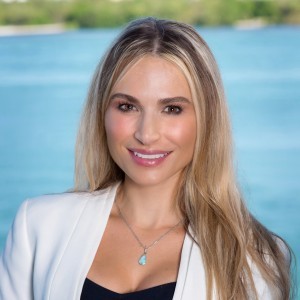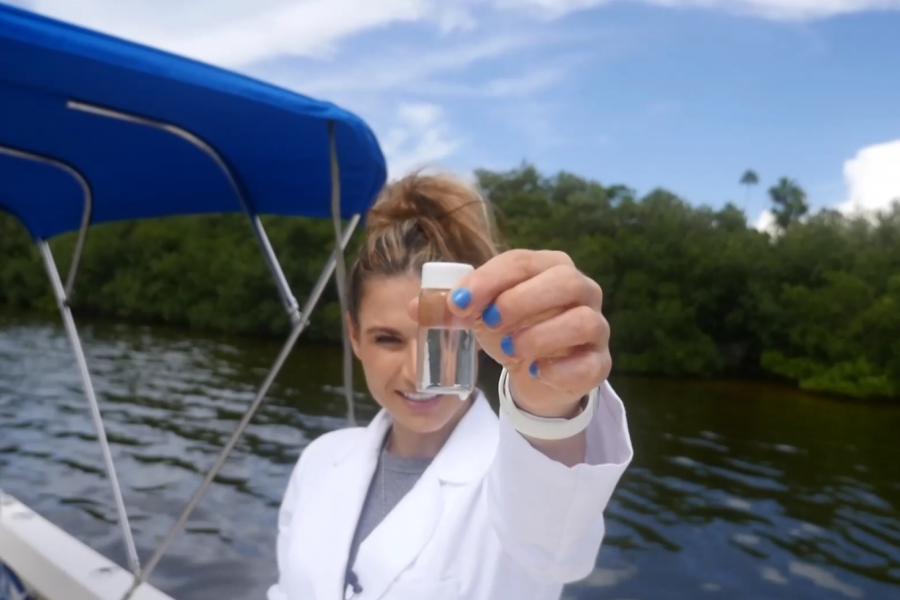“Mythbusters: The Search” to feature Mote Marine Lab scientist from Florida
 Dr. Tracy Fanara of Mote Marine Laboratory will compete to host one of TV’s most popular science and engineering shows during “Mythbusters: The Search,” starting 9 p.m. Jan. 7 on the Science Channel.
Dr. Tracy Fanara of Mote Marine Laboratory will compete to host one of TV’s most popular science and engineering shows during “Mythbusters: The Search,” starting 9 p.m. Jan. 7 on the Science Channel.
See the trailer and read a show description.
The original “Mythbusters,” hosted by Adam Savage and Jamie Hyneman, launched on Discovery Channel in 2003 and ran through March 2016.
In “Mythbusters: The Search,” Fanara will be one of 10 contestants competing to become next-generation “Mythbusters” hosts. Contestants will apply their science, engineering and building skills to tough puzzles like finding a needle in a haystack.
"Applying a scientific approach to hypotheses is my passion: it is what I do at Mote Marine Laboratory and it is what Mythbusters is all about,” Fanara said. “I believe that change and growth are inspired by education, and having the opportunity to spark scientific interest, paired with the ability to reach such a broad demographic, has the potential to be powerful. My goal is to encourage, educate and entertain through demonstration of scientific principles, with an underlying purpose of showing women, young and old, that there is no stereotype to smart, that science is cool, and that anyone can be a scientist or engineer with some passion and hard work."
Fanara, an environmental engineer, manages the Environmental Health Program at Mote Marine Laboratory in Sarasota, Florida. She and her team investigate the effects of marine and freshwater chemicals on public health. She oversees Mote’s Beach Conditions Reporting System, which provides twice-daily condition updates for 31 beaches along Florida’s Gulf coast via www.visitbeaches.org and a free app available in the App Store.
Fanara’s job calls for creative myth-busting, particularly in educating the public about the Gulf of Mexico’s red tide algae (Karenia brevis), which produces toxins that can kill marine life and sicken humans. Blooms of this naturally occurring species of algae can cause fish kills and deter beach tourism, as algal toxins enter the air and cause respiratory irritation among beachgoers. However, these complex blooms change continually, and one beach might be affected while a nearby beach is clear. Fanara and colleagues help the public separate myth from fact regarding red tide impacts and other environmental issues, working to support safe beach days and healthy living in the Sunshine State.
Fanara has extensive experience in hydrologic and hydraulic modeling through her doctorate from the University of Florida, along with nearly 10 years of engineering consulting experience. She is well trained in water quality analyses, as she studied the fate of phosphorus in urban environments by “storm chasing” for her master’s degree research. Her biology experience includes a study of diatoms (microscopic algae) as water quality indicators, seagrass displacement and nutrient pollution in waterways. She mentored and served as design engineer for two integrated, nationally winning, EPA Rainworks Challenge teams.
